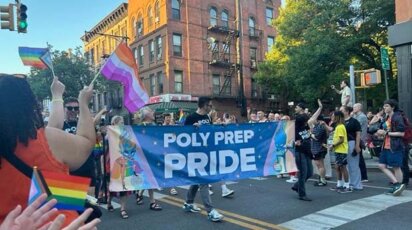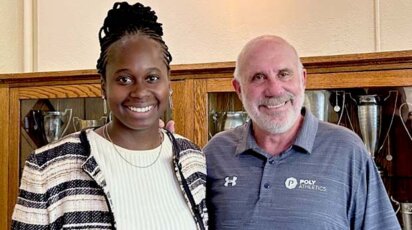News
Confronting Anti-Asian Discrimination
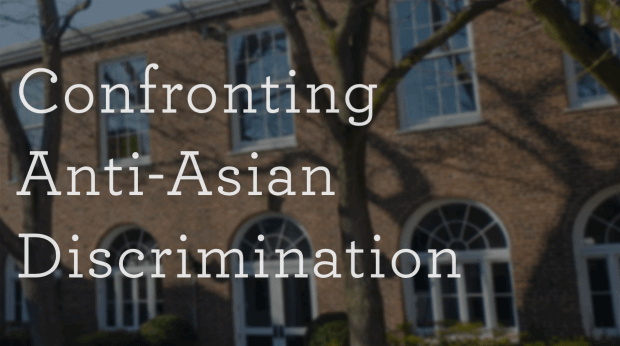
In response to increased attacks against Asian-Americans, Middle and Upper School came together for a Confronting Anti-Asian Discrimination Assembly, organized by Poly’s Asia Society, on March 12. This was four days before the shooting of eight people, six of them women of Asian descent, in Atlanta area spas.
The Poly affinity groups that participated in the assembly were: Asia Society, Masala Club, and the Multi-Ethnic/Multi-Racial affinity group. Panelists included: Leo Wang ’23, student leader of the Asia Society; Ansel Ng ’21, president of the Asia Society; Gauri Purohit ‘21, co-president of Masala Club; Zach Seto ’21, student leader of the Multi-Ethnic/Multi-Racial affinity group; and William Ling-Regan ’24, a member of the Asia Society, who led the part of the assembly on the history of anti-Asian bias/violence in the U.S.
“We sincerely hope that people will be willing to open their ears and listen to us with intent.”
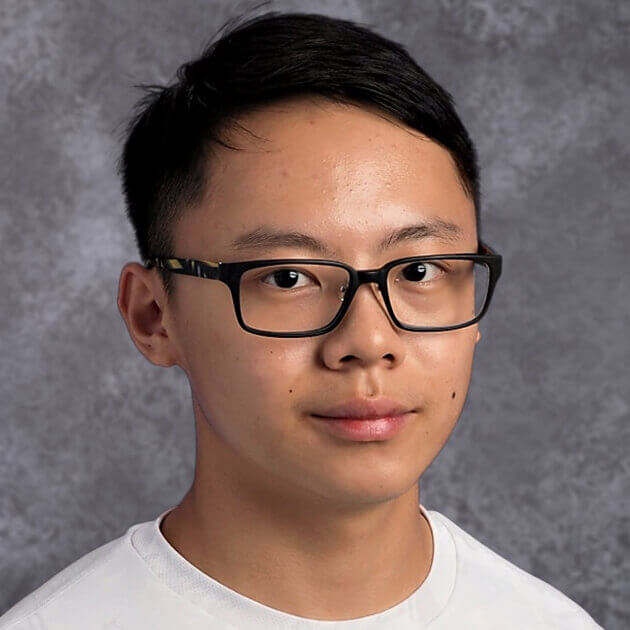
Ansel Ng ’21, president of Poly’s Asia Society, was a panelist for the virtual assembly. “Our group serves as a safe space for both people of Asian heritage and not of Asian heritage to chill, have discussions, learn about and share with others Asian culture,” he said. “We hope to fight anti-Asian racism by continuing to talk and educate others about this topic, and we sincerely hope that people will be willing to open their ears and listen to us with intent.”
Ng said he hoped that students would take away from the assembly that “anti-Asian racism is something that has existed for a long time, and that it isn’t a recent phenomenon. I also want them to understand that it is a serious problem that exists in the United States and that it cannot be ignored.”
What can Poly students do to create change? “There is one thing that students can do to help,” Ng said. “Listen. When we talk about racism that affects us, please don’t ignore or refute us. Instead, listen, and ask yourself if anti-Asian racism is tolerable or not.”
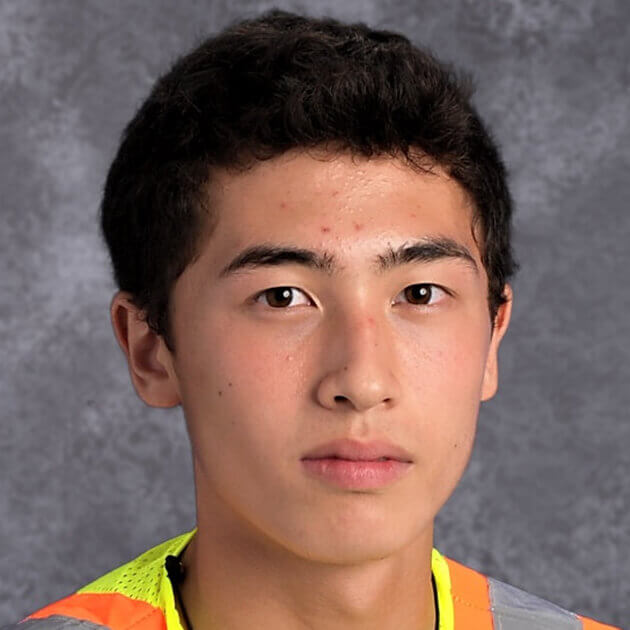
Zach Seto ’21 is student leader of the Multi-Ethnic/Multi-Racial affinity group, which he describes as “a place for multi-racial students to navigate their complex identities and share their personal experiences.” Seto said he hoped that students in attendance at the forum “could take away that anti-Asian racism has always been present, and as it becomes exasperated by COVID-19, that we should continue to address anti-Asian micro and macro aggressions. I also hope that they carry their awareness and knowledge gained into their own private conversations and relationships, discussing this issue with those at home and those around them.”
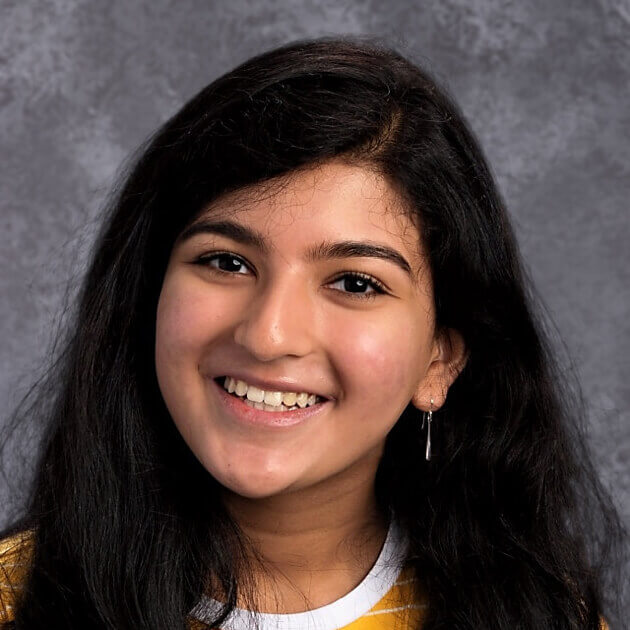
Gauri Purohit ’21 is a co-president of the Masala Club, which is a South Asian affinity group she leads with Anisha Khanna ’12 and math teacher Geeta Vir as advisor and Director of Student Life Alex Davis. Purohit shared a few personal memories and stories in the assembly and was also a panelist in the Q&A at the end. “Though the extreme spike in the already troubling hate crimes against Asian Americans has primarily been targeted toward East Asians,” Purohit said, “I was grateful, as a South Asian, for the opportunity to speak at what I believe is the first Asian-American centered assembly I’ve ever seen at Poly and to be optimistic of a successful beginning to a more nuanced and widespread conversation about Asian American Pacific Islander [AAPI] discrimination.” She said of the Masala Club, “Though we are a small group, I have already found such a strong sense of community and family with the other members and our discussions of shared cultural experiences. We have already started and hope to continue working with our fellow affinity groups to create a stronger code of community standards and to encourage more unity between all POC.”
Purohit said she hoped that after the assembly students “were able to connect all the stories and discrimination in the news to friends and peers that they know and care for to see how microaggressions that they may unintentionally perpetuate affect us on a daily basis.”
What can Poly students do to create change?
Purohit suggested, “Don’t just post aesthetically pleasing infographics on your Instagram story. I’d rather you post nothing if you’re not actively doing the research and work to understand the injustices not only the AAPI community faces but that all other communities of color face, too. Not every action or antiracist work you’re engaging in has to be publicized over social media; oftentimes, the most valuable work and reflection is done personally and privately. This is not to say that it is validating and comforting to see genuine support online, but endless, and sometimes mindless, posting on social media can easily come off as performative.”
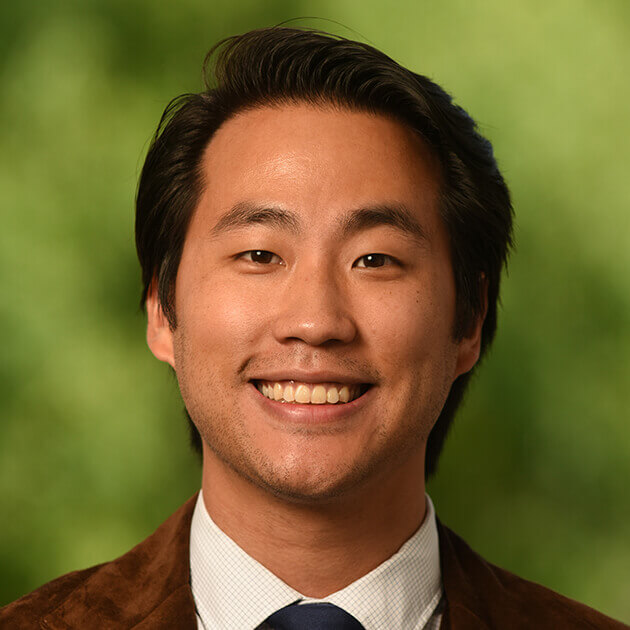
After the assembly, Upper School dean Doug Wong said, “From my own perspective, my hope is that students came away understanding that not all racism and bias come in the same forms, and that for some groups, there are more nuanced and insidious ways in which we as a society have tacitly condoned it. To address the more current issue of violence directed at Asian/Asian Americans within New York City and the United States, my hope is that students are paying attention and not discarding it as a non-issue—perhaps even volunteering to help or at least lending a compassionate ear to their friends and peers.”
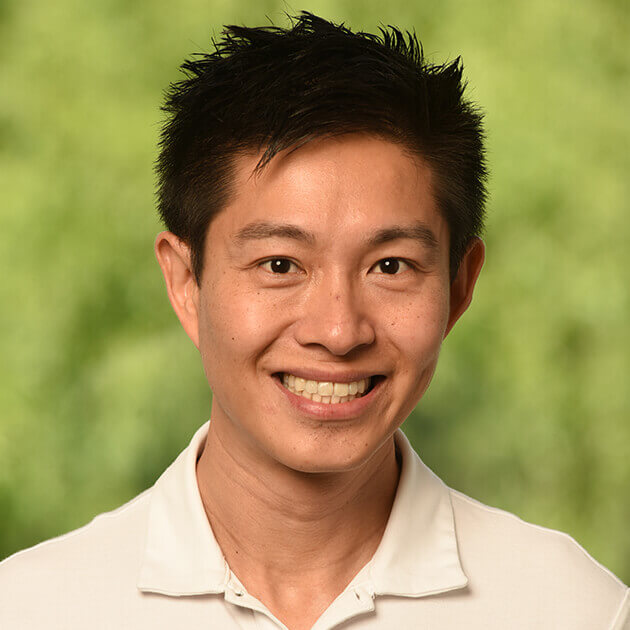
Students met in their affinity groups after the assembly. “There was an outpouring of angst, relief, frustration, outrage, and hope as students processed their own experiences, feelings, thoughts and opinions,” said drama teacher Dr. Caleb Goh, a panel participant. “There was a general sense that, as this was the first assembly ever to address this race issue from an Asian perspective, it was much needed and sorely neglected until now. The desire was to continue this conversation and not let it just be a one-off event. The invisibility that many students felt was something they wanted to fix. We made them aware that it would be the responsibility of every participant to allow for their stories to be heard and not simply to rely on others to speak for them.”
“I want [students] to know that their voice matters and their action matters, no matter big or small. Together, we can fight for a better tomorrow.”
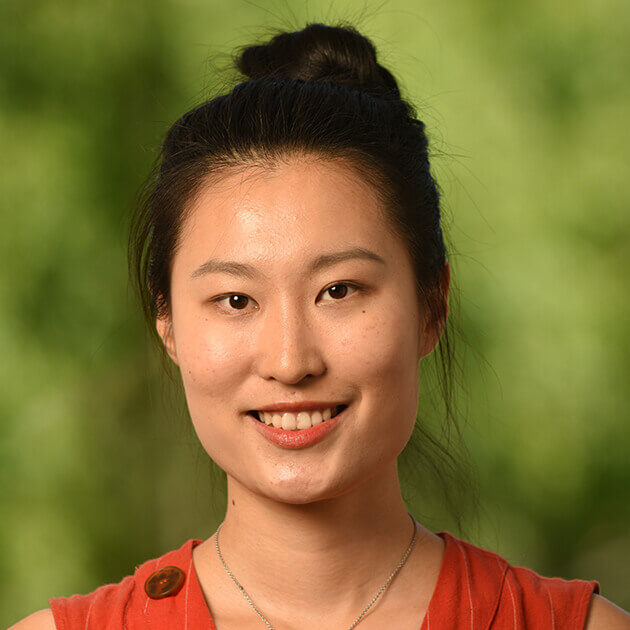
Mandarin teacher Kai Kang added, “I hope students can take initiatives to educate themselves more on the history of Anti-Asian racism and more importantly reflect on what they can do to #StopAsianHate and any forms of racism. I want them to know that their voice matters and their action matters, no matter big or small. Together, we can fight for a better tomorrow.”
Dr. Goh added, “We are working on another assembly with an invited speaker, especially in light of the recent Atlanta tragedy. That will probably be the next step.”
Poly students wishing to learn more about or to connect with Asia Society, Masala Club, the Multi-Ethnic/Multi-Racial, or other affinity groups should contact Director of Student Life Alex Davis.

